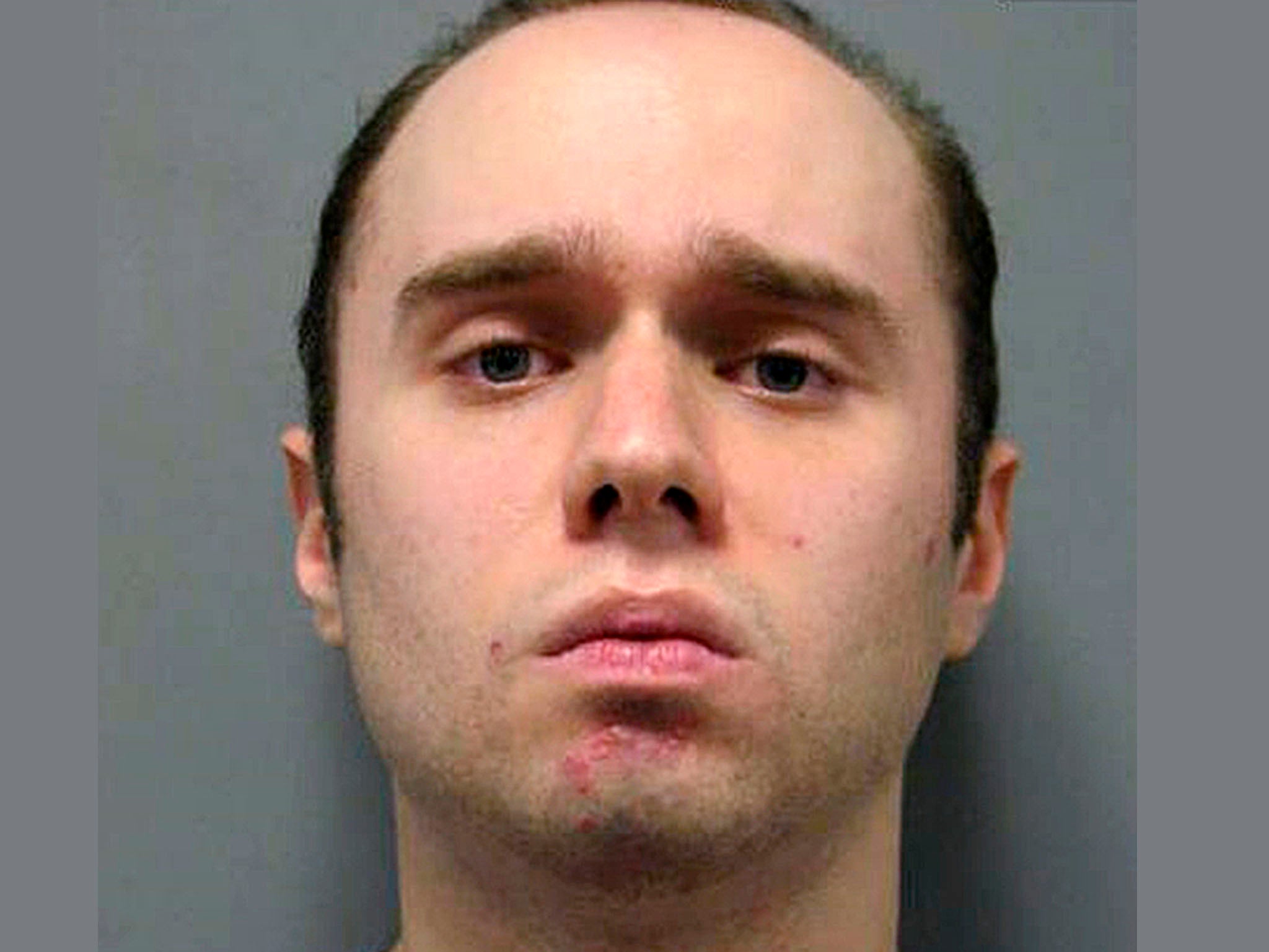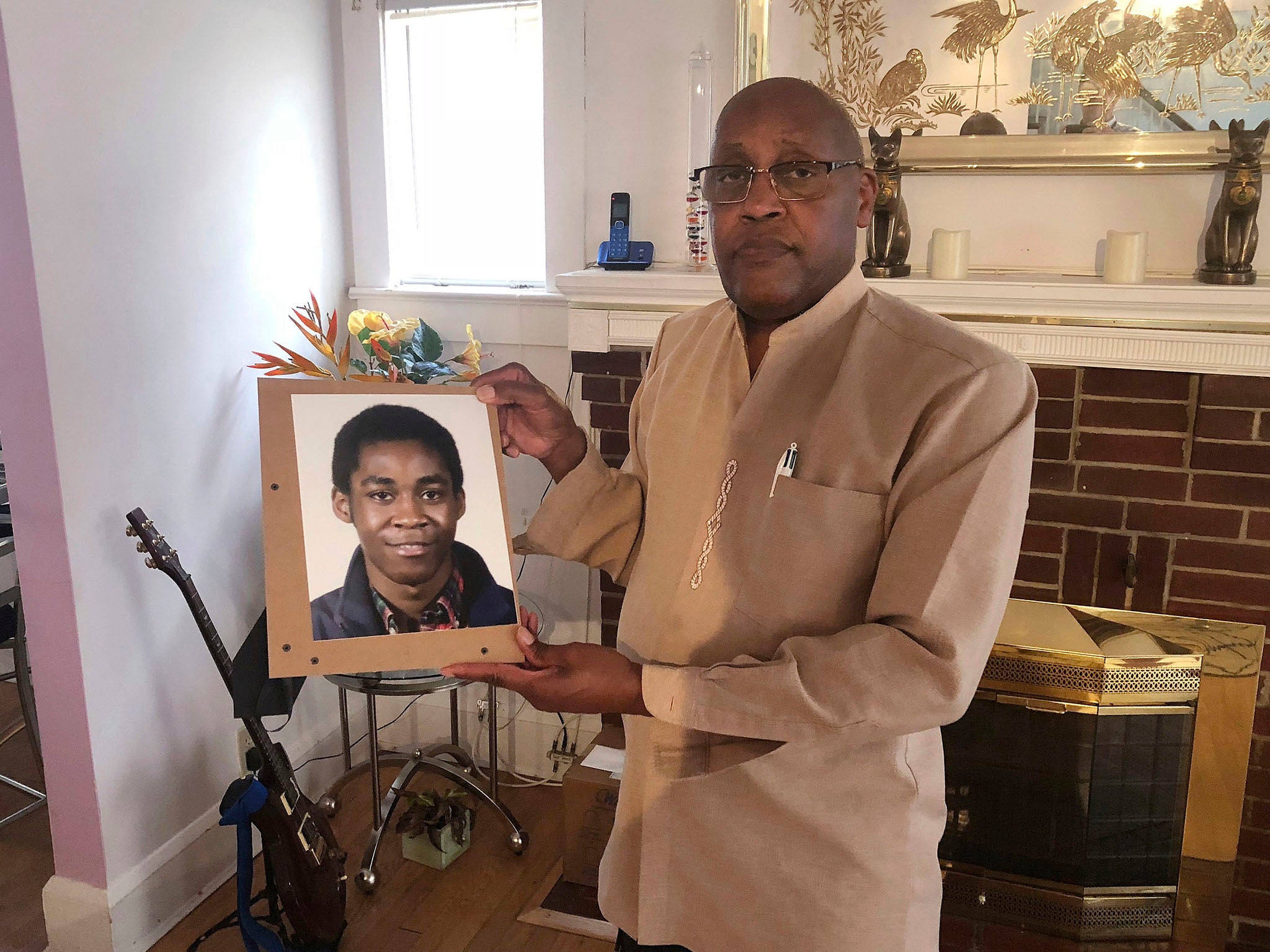Millionaire jailed after man dies building secret tunnels under his home to protect against North Korea missiles
Judge says Daniel Beckwitt's 'intellectual arrogance' led to tragedy after fire broke out in hundreds of feet of underground passageways

Your support helps us to tell the story
From reproductive rights to climate change to Big Tech, The Independent is on the ground when the story is developing. Whether it's investigating the financials of Elon Musk's pro-Trump PAC or producing our latest documentary, 'The A Word', which shines a light on the American women fighting for reproductive rights, we know how important it is to parse out the facts from the messaging.
At such a critical moment in US history, we need reporters on the ground. Your donation allows us to keep sending journalists to speak to both sides of the story.
The Independent is trusted by Americans across the entire political spectrum. And unlike many other quality news outlets, we choose not to lock Americans out of our reporting and analysis with paywalls. We believe quality journalism should be available to everyone, paid for by those who can afford it.
Your support makes all the difference.A millionaire stock trader has been jailed over the death of a builder hired to dig tunnels for a secret nuclear bunker under his house in Maryland.
Daniel Beckwitt, 28, was sentenced to nine years in prison after being convicted of second-degree murder and involuntary manslaughter.
During his sentencing on Monday, Mr Beckwitt and apologised to the parents of the worker the worker who died while digging the tunnels on 10 September.
Askia Khafra, 21, had been carving out hundreds of feet of passageways under Beckwitt’s home in Bethesda when a fire broke out.
When firefighters arrived, they discovered Mr Khafra’s “naked, charred body” in the basement of Beckwitt’s home.
The cause of death was smoke inhalation and thermal injuries, according to the state medical examiner.
Firefighters also found a hole in the floor that dropped about 20 feet down and fanned out into tunnels spanning about 200 feet, according to court documents.
Judge Margaret Schweitzer of Montgomery County Circuit Court sentenced Beckwitt to 21 years in prison, but she suspended all but nine. Sentencing guidelines called for 10-21 years in prison, although second-degree murder in Maryland carries a maximum possible penalty of 30 years.

Schweitzer told Beckwitt, 28, that his “intellectual arrogance” had led to the tragedy, The Associated Press reported. “You thought that everything would be fine because you were very smart,” she said. “You thought you could fix everything.”
Ramon Korionoff, a spokesman for the Montgomery County State’s Attorney’s Office, said in a statement: “Today, defendant Daniel Beckwitt was held accountable in the death of Askia Khafra. While this sentence will not bring back Askia, it does ensure Beckwitt has years to think about the depraved-heart murder of this beloved young man.”
Robert Bonsib, a lawyer for Beckwitt, has maintained that the death was a tragic accident.
“The judge’s sentence in this matter was fair considering the jury verdict and was below the sentencing guidelines,” he said in an emailed statement on Monday evening.
“However, we continue to maintain that the guilty verdicts are not supported by the evidence in this matter, as this was a purely accidental fire – not a criminal act.” He added that Beckwitt had already appealed the decision.
During the trial, Mr Bonsib said that Beckwitt, who had made profits “in the seven figures” over the years by trading stocks, had been concerned about nuclear weapons and tensions with North Korea when he decided to build a secure location for himself.
Beckwitt made great efforts to keep his underground bunker secret, according to court documents. On some occasions he gave Mr Khafra a ride from Silver Spring, Maryland, to the house in Bethesda but had him wear blackout glasses so he would not know exactly where he was working.
Mr Khafra posted a photograph of himself, underground and wearing safety gear, on social media while he was doing the work.
Prosecutors said that Beckwitt’s home was dangerous because it was difficult to escape in an emergency. Court documents said the house was “maintained in ‘hoarder’ conditions (immense piles of garbage and discarded items strewn throughout the home) with narrow maze-like pathways throughout”.
Prosecutors said that while excavating in September 2017, Mr Khafra detected a smoky smell and sent a text message about it to Beckwitt, who eventually tried switching a circuit breaker.
Mr Bonsib said that after the fire broke out, Beckwitt tried to rescue Mr Khafra but could not because he was overcome by the smoke.
During the sentencing Monday, Mr Khafra’s mother, Claudia Khafra, said that the death of her son “has left me broken”. “I am constantly plagued by feelings of emptiness,” she said.
New York Times
Join our commenting forum
Join thought-provoking conversations, follow other Independent readers and see their replies
Comments